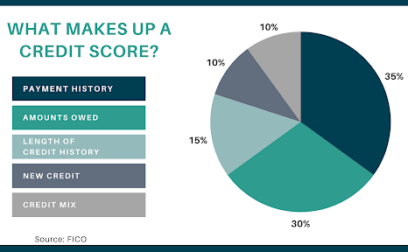Definition
The Dow Jones industrial average (DJIA), often referred to simply as “the Dow,” is one of the oldest and most widely recognized stock market benchmarks in the United States.
What is the Dow Jones industrial average?
The DJIA consists of 30 large, publicly traded companies that are considered leaders in their respective industries and collectively represent a significant portion of the overall U.S. stock market. The companies included in the index are typically well-established, financially stable, and widely regarded as industry leaders.
Unlike some other stock market benchmarks, such as the S&P 500, which are weighted by market capitalization, the DJIA is a price-weighted index. This means that the price of each stock in the index is given equal importance in calculating the index value. Therefore, a higher-priced stock will have a greater impact on the index’s movement than a lower-priced stock, regardless of the company’s market capitalization.
The DJIA is widely considered as an indicator of the overall health and performance of the U.S. stock market. It is often used by investors, analysts, and policymakers to measure market sentiment, trends, and assess the performance of the economy.
Additionally, the DJIA serves as a benchmark for investment performance and is used by portfolio managers, financial advisors, and individual investors to compare the performance of their investment portfolios against the broader market. Many investment products, such as mutual funds, exchange-traded funds (ETFs), and index funds, are designed to replicate the performance of the DJIA or outperform it.
Example of the Dow Jones industrial average
Let’s consider a short example of the DJIA:
- Date: April 16, 2024
- Closing value: 35,000 points
This is an example representing the closing value of the Dow Jones industrial average on a specific date. The actual value of the DJIA fluctuates throughout trading hours and can be influenced by various factors such as corporate earnings, economic data, and geopolitical events.





 yet? Register here!
yet? Register here!